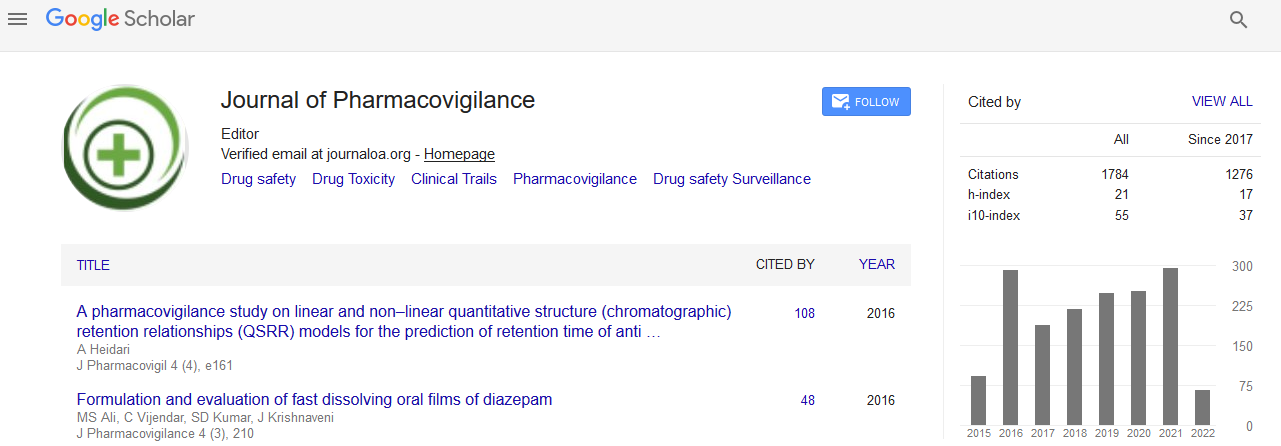Indexed In
- Open J Gate
- JournalTOCs
- The Global Impact Factor (GIF)
- RefSeek
- Hamdard University
- EBSCO A-Z
- OCLC- WorldCat
- Publons
- Euro Pub
- Google Scholar
Useful Links
Share This Page
Journal Flyer

Open Access Journals
- Agri and Aquaculture
- Biochemistry
- Bioinformatics & Systems Biology
- Business & Management
- Chemistry
- Clinical Sciences
- Engineering
- Food & Nutrition
- General Science
- Genetics & Molecular Biology
- Immunology & Microbiology
- Medical Sciences
- Neuroscience & Psychology
- Nursing & Health Care
- Pharmaceutical Sciences
Abstract
Incidence of Hypocalcemia in Patients with Post-Menopausal Osteoporosis or Cancer Skeletal Related Events after Denosumab in Comparison to Zoledronic Acid in a Community Hospital Setting
Sunita Sharma and William Newman
Introduction: Denosumab, a monoclonal antibody, was recently approved by US Food and Drug Administration for treatment of postmenopausal osteoporosis and cancer skeletal related events (SRE). A variable incidence of hypocalcemia (5.5-13%) has been reported with denosumab as compared to the commonly used bisphosphonate, zolendronic acid (3.4-6%).
Methods: We reviewed the medical records of patients who received either denosumab or zoledronic acid in a community hospital setting to determine the incidence of hypocalcemia in patients with post-menopausal osteoporosis or cancer SRE.
Results: We found hypocalcemia with both denosumab and zoledronic acid post-injection but roughly twice as high in the denosumab group. Since, calcium levels were not obtained at the time of peak effect of treatment in every patient, we believe that actual incidence of hypocalcemia might have still been underestimated in this retrospective study with a limited number of patients.
Conclusion: We recommend that a prospective cohort study should be conducted in a larger community population with serum calcium level monitoring at regular intervals to determine the actual extent of hypocalcemia in patients receiving denosumab as compared to zolerdronic acid.


